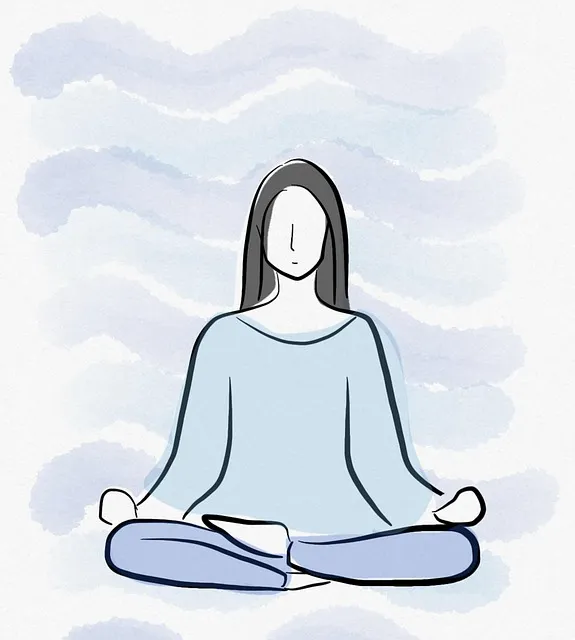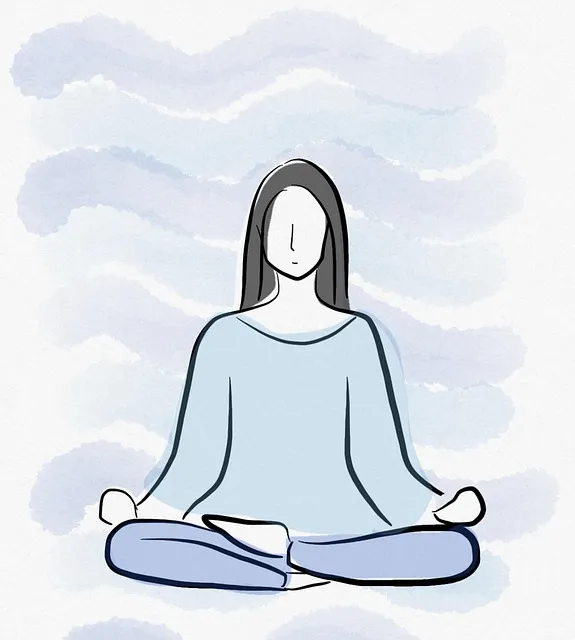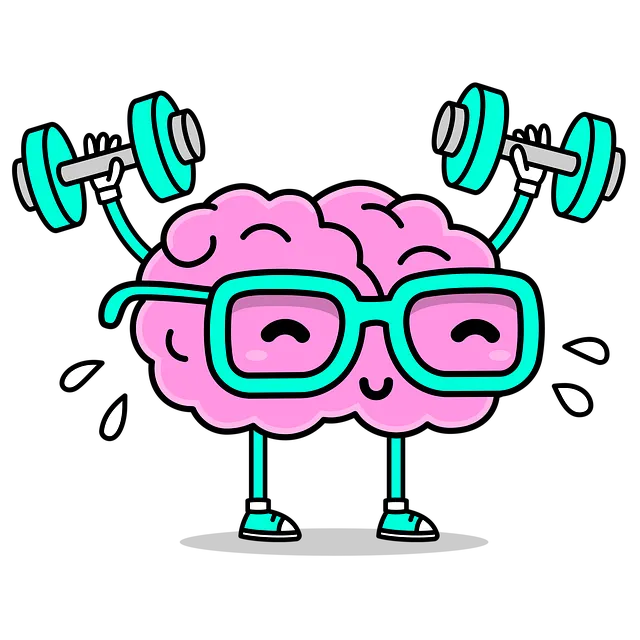The Boulder Kaiser mental health classes prioritize creating safe, non-judgmental spaces for open communication and trust among participants. Facilitators use active listening, empathy, clear boundaries, and confidentiality to ensure every individual feels valued and included. Incorporating culturally sensitive approaches, diverse exercises like self-awareness and creative therapies, and Mind Over Matter principles enhances therapeutic benefits and aligns with mental health policy efforts for inclusive communities. The classes foster connection through community building, encouraging open dialogue and exchange of coping strategies, ultimately promoting mental wellness and preventing depression.
“Uncover powerful techniques for facilitating mental wellness groups with this comprehensive guide. From creating safe spaces at Boulder Kaiser mental health classes to implementing engaging activities, learn how to navigate complex group dynamics effectively. Discover strategies for fostering connection and support, adapting to diverse populations, and enhancing communication. This article equips facilitators with the tools to promote healing and growth in a group setting.”
- Understanding Mental Wellness Group Dynamics: Creating a Safe Space
- Effective Communication Strategies for Facilitators
- Engaging Activities and Exercises for Group Growth
- Building Community: Fostering Connection and Support
- Adapting Techniques for Diverse Population Needs at Boulder Kaiser Mental Health Classes
Understanding Mental Wellness Group Dynamics: Creating a Safe Space

Creating a safe space is paramount when facilitating mental wellness groups, as it fosters open communication and builds trust among participants. This involves establishing clear boundaries, ensuring confidentiality, and creating an environment free from judgment. Facilitators should model active listening, empathy, and non-verbal cues that convey acceptance and understanding. In the heart of Boulder, Kaiser mental health classes often emphasize these principles, aiming to create a sanctuary where individuals can share their experiences, challenges, and victories without fear of stigma or rejection.
Understanding group dynamics is crucial in this process. Each individual brings their unique background, experiences, and perspectives, which can influence how they interact and engage with others. Recognizing power imbalances, cultural differences, and personal triggers is essential to ensure everyone feels valued and included. By incorporating Mind Over Matter principles and adapting them to meet the diverse needs of participants, facilitators can navigate these dynamics effectively. This not only enhances the therapeutic benefits of group sessions but also aligns with broader Mental Health Policy Analysis and Advocacy efforts, promoting inclusive and supportive communities for all.
Effective Communication Strategies for Facilitators

Effective communication is a cornerstone for facilitators leading mental wellness groups in Boulder Kaiser mental health classes. It involves active listening, ensuring every participant feels heard and understood, and creating a safe, non-judgmental space. Facilitators should employ clear and concise language, using simple terms to convey complex ideas. This technique, coupled with open-ended questions, encourages participants to share their experiences and insights openly.
Incorporating cultural sensitivity in mental healthcare practice is crucial. Facilitators must be aware of unconscious biases and adapt their communication style to resonate with diverse backgrounds. This can involve learning about different cultural perspectives on mental health, incorporating culturally relevant activities or examples, and demonstrating empathy towards participants’ unique experiences, especially when discussing topics like trauma support services. Such inclusive practices foster a supportive environment where everyone feels valued and respected.
Engaging Activities and Exercises for Group Growth

In facilitating Boulder Kaiser mental health classes, engaging activities and exercises play a pivotal role in fostering group growth. Interactive sessions like self-awareness exercises help participants delve into their thoughts and emotions, promoting introspection and understanding. These exercises can range from guided meditations to reflective writing prompts, enabling individuals to explore their mental landscapes and gain valuable insights.
Moreover, incorporating creative activities such as art therapy or group discussions on specific themes within a structured mental health education programs design creates a safe space for open communication. By engaging in these dynamic exercises, participants not only enhance their mental health awareness but also build coping strategies and develop deeper connections with one another, enriching the overall therapeutic experience.
Building Community: Fostering Connection and Support

Building a strong community within mental wellness groups is essential for fostering connection and support among members. At Boulder Kaiser mental health classes, facilitators often emphasize creating a safe and non-judgmental environment where individuals feel comfortable sharing their experiences and supporting one another. This sense of belonging can significantly contribute to the effectiveness of group therapy, as it encourages open dialogue and promotes the exchange of valuable insights and coping strategies.
By facilitating meaningful interactions, these classes help participants develop social skills, enhance self-esteem, and cultivate a supportive network. Mind Over Matter principles are often at the core of these practices, encouraging members to reframe negative thoughts and embrace positive community dynamics. Such an approach not only aids in stress reduction methods but also serves as a powerful tool for depression prevention, offering alternative coping mechanisms and a sense of belonging.
Adapting Techniques for Diverse Population Needs at Boulder Kaiser Mental Health Classes

The Boulder Kaiser mental health classes are renowned for their inclusive and adaptable approach, ensuring that various populations receive tailored support. Facilitators employ a range of techniques to cater to diverse needs, from self-awareness exercises designed to help individuals explore their emotions to empathy-building strategies that foster deeper connections among group members. This adaptability is crucial in creating safe spaces where everyone feels seen and heard, which is essential for effective mental wellness facilitation.
Additionally, risk assessment plays a vital role in these classes, with professionals meticulously evaluating potential hazards within the group dynamic. By incorporating both self-awareness exercises and empathy building strategies, facilitators not only enhance participants’ understanding of their mental health but also promote positive interactions, fostering an environment conducive to healing and growth.
Mental wellness group facilitation goes beyond simple guidance; it’s about weaving a tapestry of support where every individual feels seen and heard. By adopting effective communication strategies, engaging activities, and fostering a sense of community in Boulder Kaiser mental health classes, facilitators can create a safe space that empowers growth and healing. These techniques not only enhance group dynamics but also adapt to diverse populations, ensuring that everyone receives the tailored support they need on their journey towards mental wellness.






